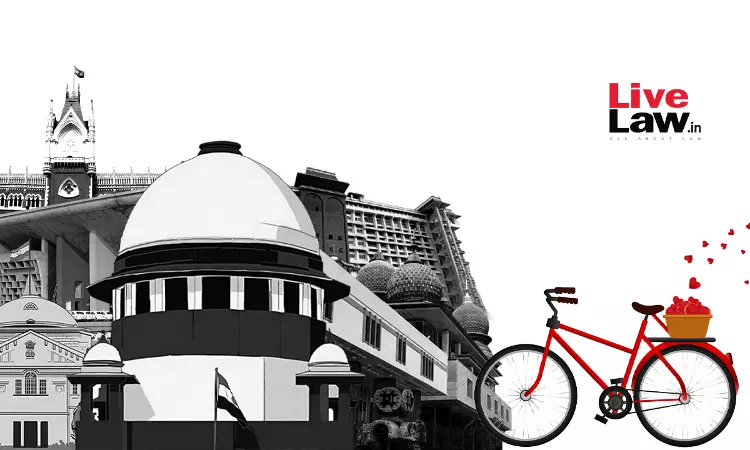Valentine's Day Special | How Indian Courts Have Been Protecting Couples And Their Rights
Debby Jain
14 Feb 2024 9:29 PM IST

Next Story
14 Feb 2024 9:29 PM IST
Love is a construct and feeling that we all are familiar with. It wouldn't be wrong to assume that we have exhibited it for atleast one person in our lifetimes – maybe a parent, a sibling, a friend, a guardian or a romantic partner. It is touted as one of the most blissful feelings in the world, but still, "love" does not come easy to people, especially in India. There...
